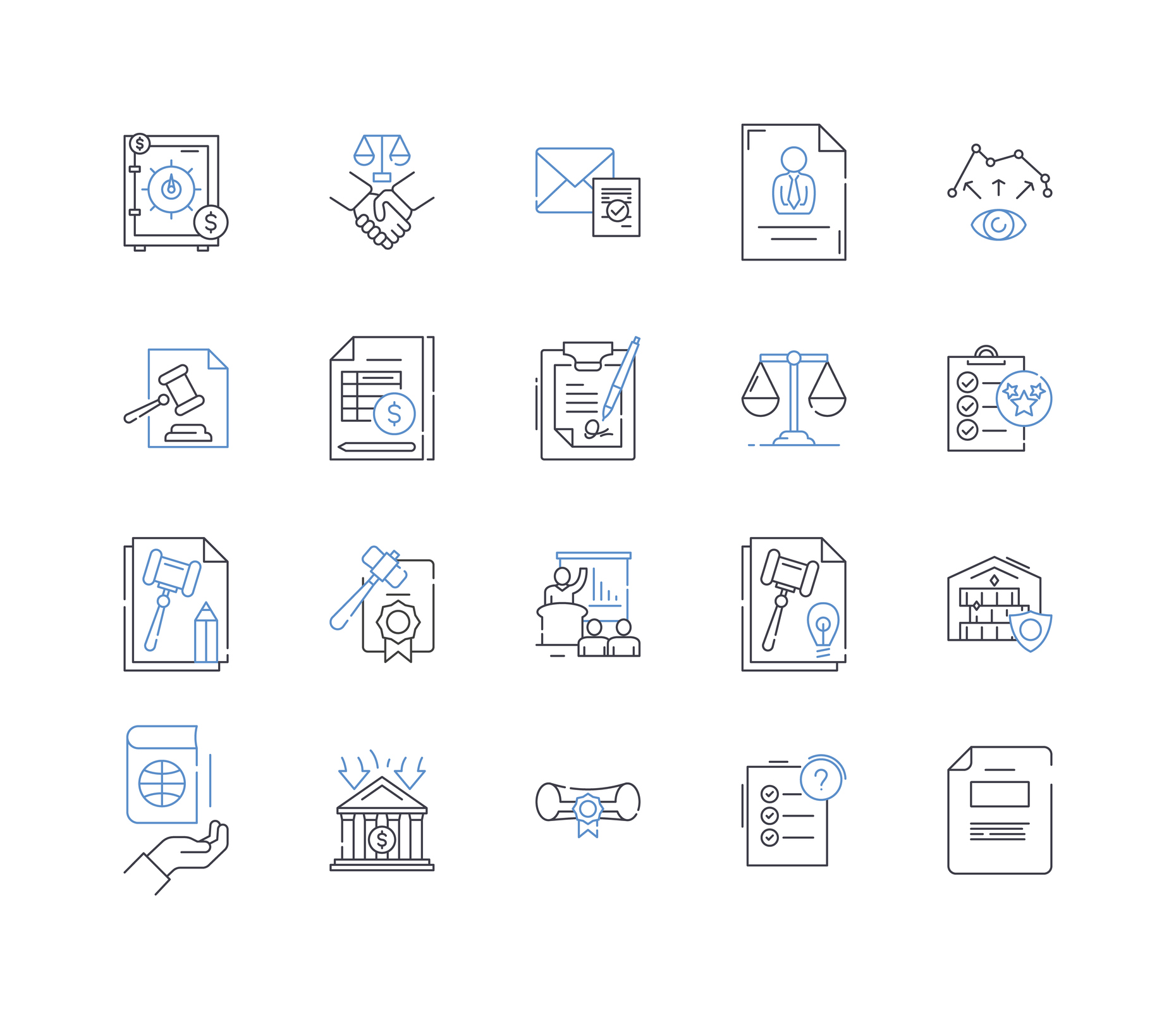Given the surge in breaches targeting small and medium-sized businesses (SMBs), it’s crucial to understand the evolving cyberthreat landscape and adopt effective cybersecurity practices.
For years, experts have warned that cybercriminals would shift focus to SMBs, seeking higher volume, smaller targets. The latest data confirms this trend: reported breaches among SMBs have increased by 57%, and exposed records are up by 29%.
To help safeguard your business, here are some essential cybersecurity practices to implement.
1. Automate SSL Certificate Management
SSL certificates are vital for encrypting data between servers and clients. Automating SSL certificate management helps prevent expired certificates, which can lead to security breaches. Automated systems handle renewals, installation, and monitoring, reducing human error and ensuring compliance with industry standards like TLS 1.3. Tools such as Let’s Encrypt and Certbot facilitate automated certificate management, ensuring timely renewals and installations.
2. Create a Cybersecurity Culture
Building a cybersecurity culture involves regular training and awareness programs for all employees. Each staff member should understand their role in maintaining security, including using strong passwords and recognizing phishing attempts. Ongoing training, with periodic updates to reflect the latest threats, and incorporating cybersecurity metrics into performance evaluations, reinforces the importance of security practices.
3. Keep Software Updated
Regular software updates are crucial for patching vulnerabilities that cybercriminals might exploit. This includes operating systems, applications, plugins, and firmware. Automated update management systems ensure timely application of updates. For critical systems, a phased rollout approach with testing in a controlled environment minimizes the risk of disruptions.
4. Use Multi-Factor Authentication (MFA)
Implementing MFA adds an extra layer of security by requiring multiple verification factors. This could include something the user knows (password), something the user has (security token), or something the user is (biometric verification). MFA significantly reduces the risk of unauthorized access, even if passwords are compromised.
5. Deploy Firewalls
Firewalls act as a barrier between internal networks and external threats, monitoring and controlling network traffic based on security rules. Deploy both perimeter (external) and internal firewalls for comprehensive protection. Next-generation firewalls (NGFWs) offer advanced features such as deep packet inspection, intrusion prevention systems (IPS), and application awareness.
6. Backup Data Regularly
Regular data backups are essential for disaster recovery. Implement a 3-2-1 backup strategy (three copies of data, two different storage media, one offsite) to ensure data resilience. Cloud-based backup solutions provide additional security by storing data remotely. Regularly test backup and restore procedures to ensure data can be recovered effectively.
7. Implement Anti-Malware Solutions
Anti-malware software protects against malicious software, including viruses, ransomware, and spyware. Deploy comprehensive endpoint protection solutions that offer real-time scanning, heuristic analysis, and behavior-based detection to identify and mitigate threats proactively. Ensure anti-malware software is regularly updated to recognize and neutralize the latest threats.
8. Develop an Incident Response Plan (IRP)
An IRP outlines steps to follow during a security incident. It should include roles and responsibilities, communication protocols, and recovery steps. Regularly review and update the IRP to address new threats and incorporate lessons learned from past incidents. Conducting tabletop exercises ensures your team is familiar with the plan and can execute it effectively.
9. Use Encryption
Encrypt sensitive data both at rest and in transit to ensure it remains unreadable if intercepted. Implement full-disk encryption for devices and use protocols such as HTTPS and SSL/TLS for data transmission. Consider end-to-end encryption for communications to enhance security further.
10. Outsource to Managed Security Service Providers (MSSPs)
For SMBs lacking in-house cybersecurity expertise, MSSPs provide comprehensive security services, including continuous monitoring, threat detection, and incident response. When selecting an MSSP, ensure they have a proven track record and offer services tailored to your specific needs. Regularly review their performance and ensure clear communication channels to stay informed about your security posture.
By implementing these practices, SMBs can build a robust cybersecurity framework that protects against threats, ensures data integrity, and maintains customer trust. Cybersecurity is an ongoing process requiring continuous improvement and vigilance. Always stay updated with the latest threats and prevention technologies to keep your business secure.
How Can Netizen Help?
Netizen ensures that security gets built-in and not bolted-on. Providing advanced solutions to protect critical IT infrastructure such as the popular “CISO-as-a-Service” wherein companies can leverage the expertise of executive-level cybersecurity professionals without having to bear the cost of employing them full time.
We also offer compliance support, vulnerability assessments, penetration testing, and more security-related services for businesses of any size and type.
Additionally, Netizen offers an automated and affordable assessment tool that continuously scans systems, websites, applications, and networks to uncover issues. Vulnerability data is then securely analyzed and presented through an easy-to-interpret dashboard to yield actionable risk and compliance information for audiences ranging from IT professionals to executive managers.
Netizen is an ISO 27001:2013 (Information Security Management), ISO 9001:2015, and CMMI V 2.0 Level 3 certified company. We are a proud Service-Disabled Veteran-Owned Small Business that is recognized by the U.S. Department of Labor for hiring and retention of military veterans.
Questions or concerns? Feel free to reach out to us any time –
https://www.netizen.net/contact



